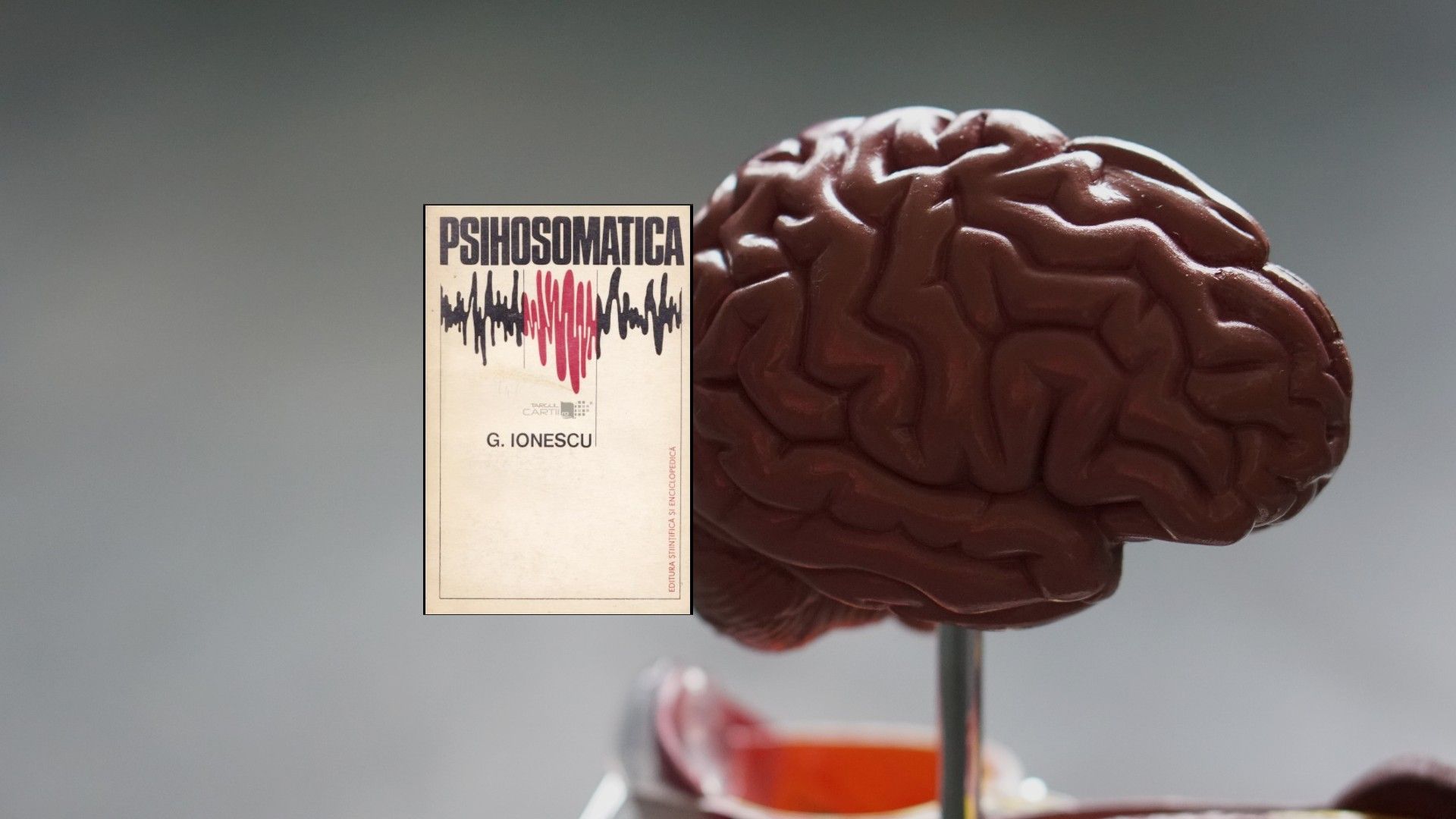Psychosomatics - Book Summary

Psychosomatic aspects in the Respiratory Function
- Breathing is categorized in the expression role, for example, if someone feels breathless this effect is highly felt as a threat to our life.
- Asthmatics feel more insecure and dependent than others, they can be more aggressive, have low intolerance and can have a sense of being unfair, are afraid of losing love, affection and protection, and can have a much high expectation of life.
Cardiovascular Diseases
- Emotional stress can affect the way the blood coagulates - hypercoagulability.
- Coronary disease people can: have a low interest in travelling and sports, goes towards intellectual activities, like to follow the rules, and tends to be rigid and a little masochist. Because of high targets, he’s not fully satisfied with his successes.
Gastrointestinal Diseases
- Fear and anxiety - low gastric evacuation.
- Feeling angry - high gastric evacuation.
- Hipo-acidity: discouragement, acute tension, fear and depression, narcissism, hostility
- High-acidity: excitement, frustration, aggressivity, the need to be cared for, resentment or hidden anger, suppressed feelings and desires.
- An ulcer gastric is higher to appear after a period of long tension and conflicts.
This can appear after a long time, even after the negative situation passed away.
- The ulcerous person can be: internalizing, busy, anxious, troubled by worries, competitive, ambitious, hyperactive and can have unconscious behaviour towards passivity and dependence on love.
- IBS people can be - anxious, emotional, irritable, and depressive and have sleeping trouble, rigidity, impulsiveness
IBS - D - they give too much, they feel they sacrifice
IBS - C - they keep too much.
- Bile secretion is influenced by a positive attitude or lowered anger. Also is affected by unsatisfied relations, sexual desires or in career.
- Lithiasis - unsatisfied, aggression and hostility due to some complexities of dependency and inferiority.
- Low bile - dominant but lacks initiative, has a dependence on one or multiple people, depressive.
- Hepatic issues - introvert, calm and almost unbordered, depressed, can have periods of high activity, ambition, competitive and then can go back to being the opposite.
Metabolic Diseases
- Obesity - low physical activity, eating too much and having a higher love for food. Food becomes a way to feel satisfied. Food becomes a replacement for love, and securement, for some.
Endocrinology Diseases
- Hyperthyroid - created by lingering conflict, uncertainty, and feeling unsatisfied and frustrated. The person is timid, feels inferior, tends to have phobias, hypersensibility, childhood trauma, ambition, anxiety, a high sense of responsibility and emotional stress.
- Hypothyroid - depressive, calmness, low intellectual performance, a decline in imagination and ideas.
Dermatology Diseases
- Skin is the screen of our mind tension. Long inhibition suppression, stress, frustration or trauma can cause skin reactions.
- Itchy - mind tension, anxiety, irritability, guilt, repress anger.
- Psoriasis - some immaturity and emotional inadaptability, tend to inhibit and retreat, feeling unsafe and insecure.
- Allergy - tend to suppress their desires, aspirations, and negative feelings towards some people. They may be greedy for love.
Note: Some pieces of information are left out of the book.
Get the full experience by reading it! ❤
